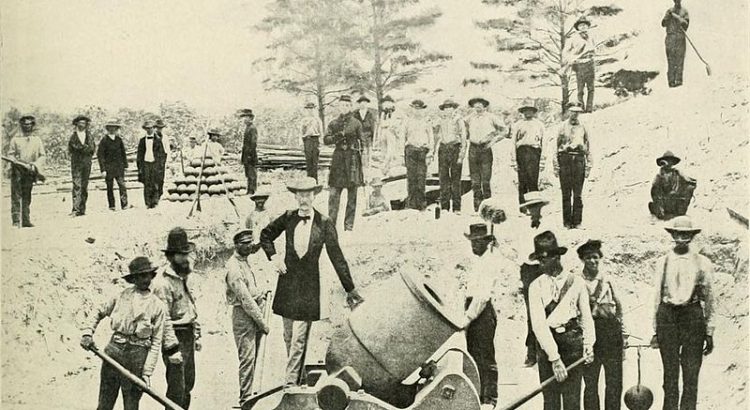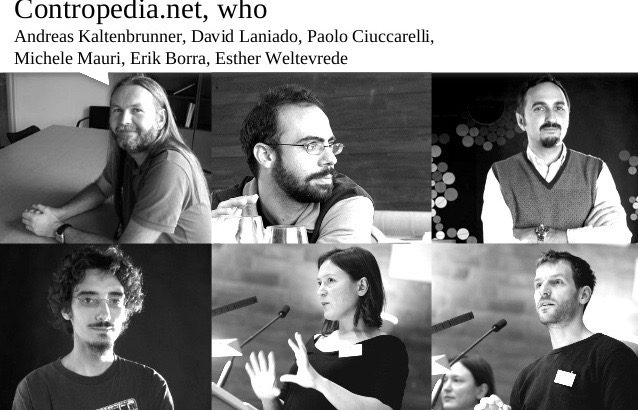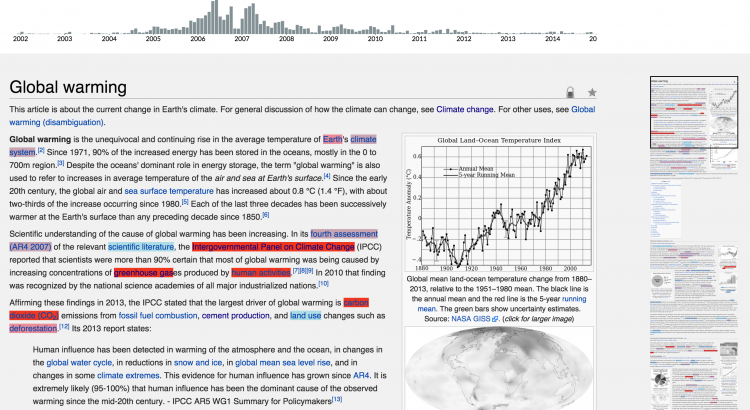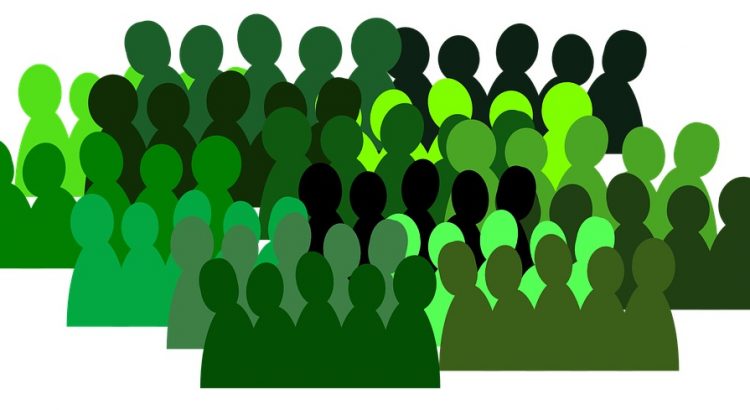Crowdsourcing: what about it? Crowdsourcing nowadays is a popular, widely applied phenomenon. Popular examples are Wikipedia, 99designs, and Kickstarter. There is plenty of online discussion about the functionality of this tool, stemming from a variety of online forums. Here you can find an extensive overview of the various ways in which crowdsourcing is applied and different […]
Category: Blog

The ‘guide on the side’ no one asked for
History is never unbiased and can become the centre of, sometimes, heated debate. Leslie Madsen-Brooks proves this point very clearly in her article ‘‘I nevertheless am a historian’: Digital Historical Practice and Malpractice around Black Confederate Soldiers’. The increase of digital tools for people to do their own research has made it possible for everyone […]
The Crowds of Crowdsourcing
Crowdsourcing has become a prominent business model used in today’s market economy. In this age of technology, and more specifically digitization, crowdsourcing is just one of the many offspring that has arisen in the last decade. Although communal knowledge has existed long before crowdsourcing was adopted, it is however the participatory aspect in crowdsourcing that […]

What every Dutchman has to know
Strolling through the aisles of the supermarket, semi-bronzed legs in shorts and my thoughts on the last week of summer. I stop to be embarrassingly pleased by the sight of pepernoten. This delicious treat appears earlier every year and so does the debate around Black Pete, the controversial right hand of Saint Nicolas, to whom […]

Mapping controversies in Wikipedia articles, useful or not?
Wikipedia it is the largest platform for societal controversial content and also the sixth most trafficked website, that is exactly why Erik Borra together with other researchers choose this website as their experimental field. Their article ‘Contropedia – the analysis and visualisation of controversies in Wikipedia articles’ describes the on-going project Contropedia. In Wikipedia, Borra […]

Behind the screens of Wikipedia. Controversies in a collaborative content creation.
“Reference works, like Wikipedia, often inherit the conflicts of the external world they seek to document and are being seized upon as exemplars of, and proxies in, those debates.” (J. Reagle) In 2014 Erik Borra, Esther Weltevrede and other researchers presented Contropedia, a tool that augments Wikipedia articles and offers insight into the development of […]
Everybody Curator? Everybody Curator!
I’m a history-student so my mind immediately goes to museums, exhibitions and art-collections when I think of the word curator but this term is being used in a much broader context. It’s being used in fashion, the business world, the entertainment industry… In this digital age everyone curates their own lives online. “A new spin. Are DJs, rappers […]

The art of deframing
What would you do if you had unlimited access to more than 568.000 digital objects of the Rijksmuseum? The only thing you need is a working internet connection and a laptop. Seems too good to be true? No it is not. A year before the re-opening of the Rijksmuseum (2013) the museum made a new […]

Diversity and mainstream historical writing
In the 1960s and 1970s, with the social and cultural revolutions, the attention of scholars for minorities grew. Especially in the field of public history, inclusion is seen as an important aspect. The public historian must be there for everyone. Sadly, the attention for minorities faded in mainstream history writing after those decades. Nowadays, diversity […]
Enchanted technology ?: electronic media in contemporary museums
The large-scale emergence of digital media caused a serious transition in many scientific disciplines including history. Digital media has made many new possibilities of practicing history. One of the most important changes is that Big Data offers historians new ways to interpreted and identify specific historical events and link them to bigger historical patterns. For example, […]